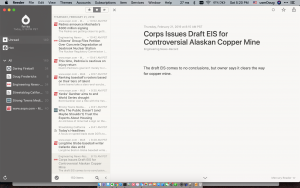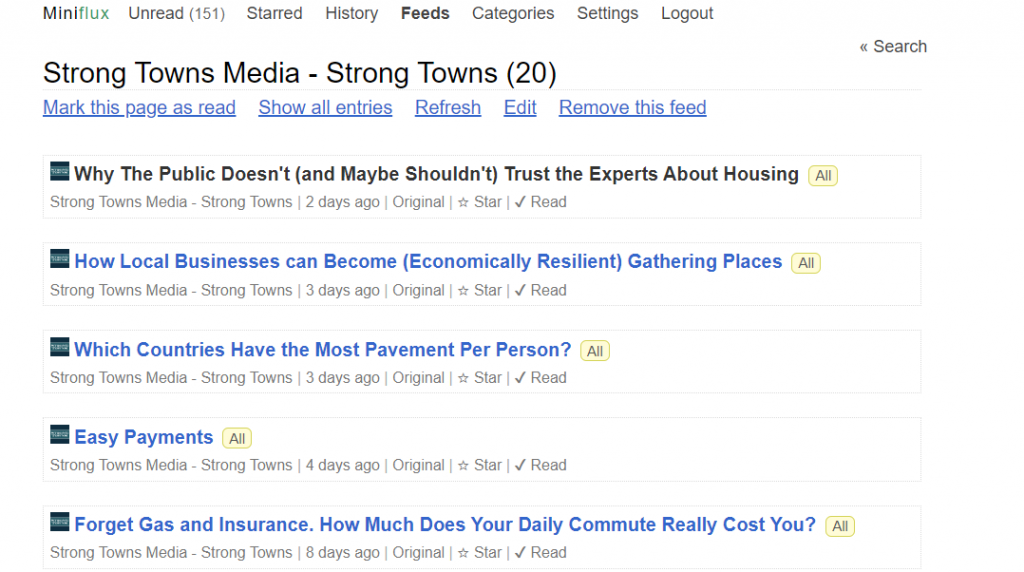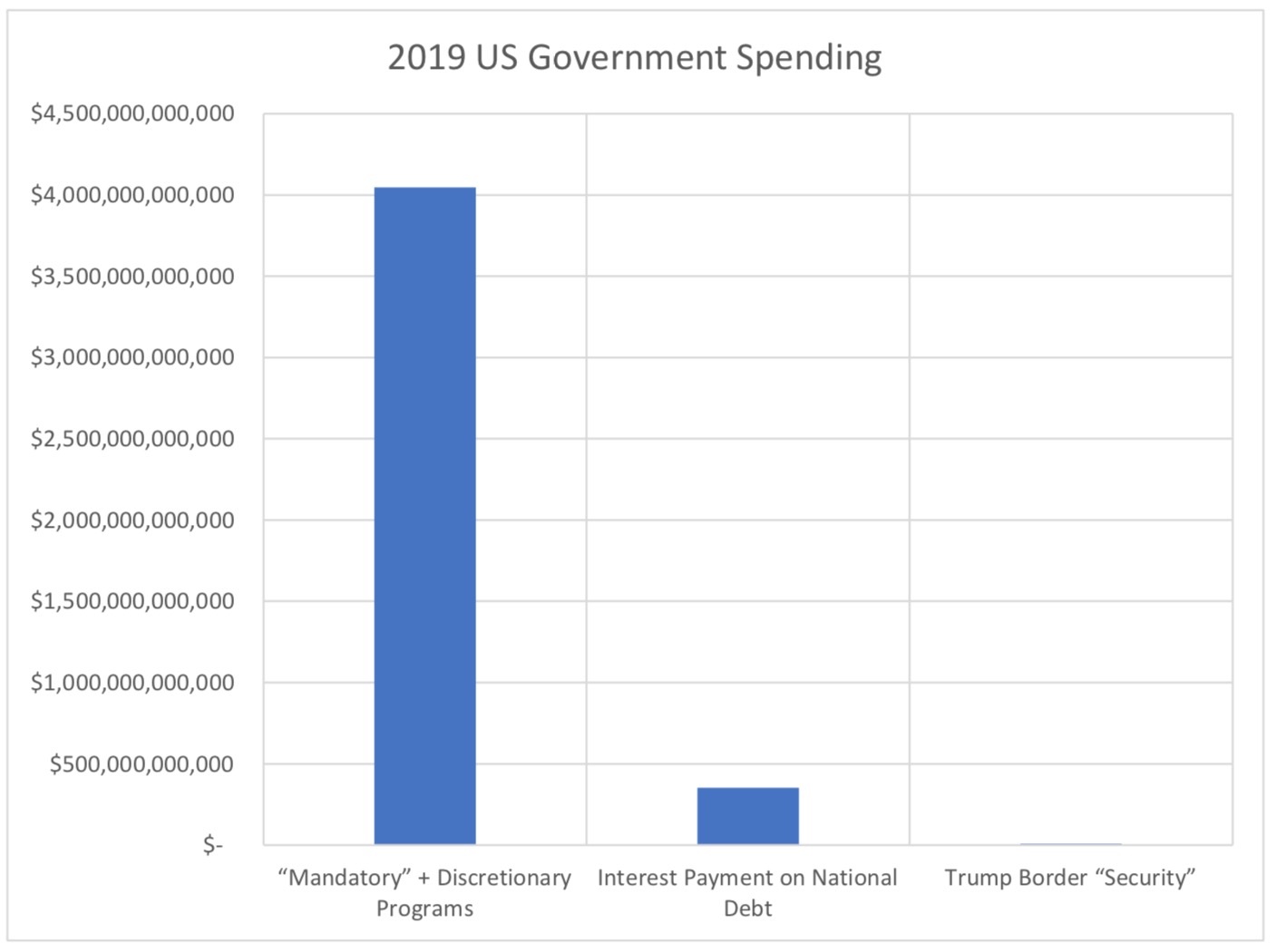I love the simplicity of RSS feeds – we generally go to the same sites for news on a regular basis, why not have those sites come to us, and sync across all our devices, and keep track of what you have and haven’t read? And more.

I was never one of the cool kids on Google Reader, but after playing with the current king of RSS apps, Feedly, I really saw the benefit of this platform. In some ways, it’s the “killer app” of web browsing. But I also really hate to pay for stuff that I can do myself. We are being nickle-and-dimed at every turn by subscriptions, and I didn’t want yet another monthly fee.
And why should I have to? RSS is an open standard. There are millions of feeds posted. The service is pretty simple. I know how to spin up a VPS, and it’s 2019.

But which RSS server software to use? It came down to Miniflux, NewsBlur, and Tiny Tiny RSS.
I had trouble with the NewsBlur and Tiny Tiny RSS installs. It’s not them – it’s me. Miniflux just ended up being easier. My goal was to host this on the same Digital Ocean server as this website, and I’m sure I could have gotten there with more research into virtual hosts and TLS, but it basically was pretty easy to start a new Digital Ocean droplet, provision with Ubuntu, and install Miniflux.
After a couple of hours of setup, I was in business with my own RSS feeder and reader apps. What’s cool is that I can host the service for friends and family, too, saving everyone a few bucks. The load on the server is very light. I’m using the lowest memory Digital Ocean droplet, at about $5/month. I rationalize this with “well it’s not a new subscription service fee, it’s just an increase in a subscription I already have”. Argh.
Miniflux works great in a web browser for my Windows 10 corporate day use. It allow uses Fever, which allows me to use a number of reader apps. I’m using Reeder on iOS and MacOS.


